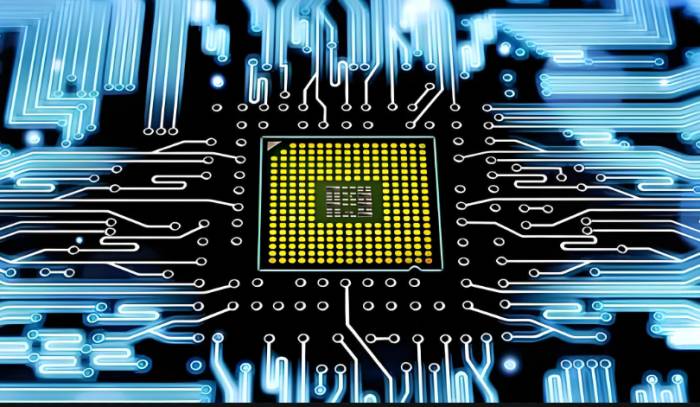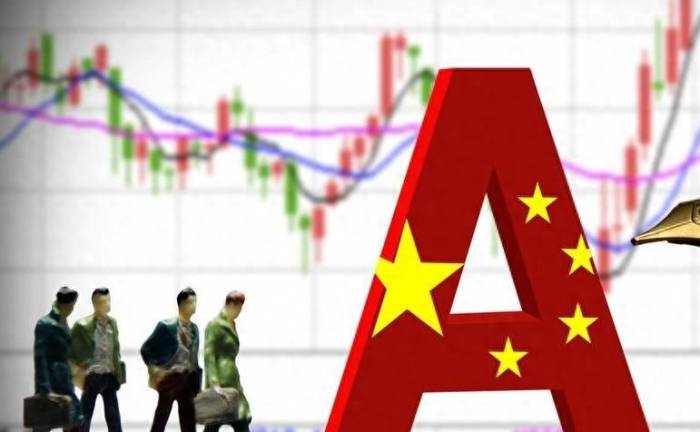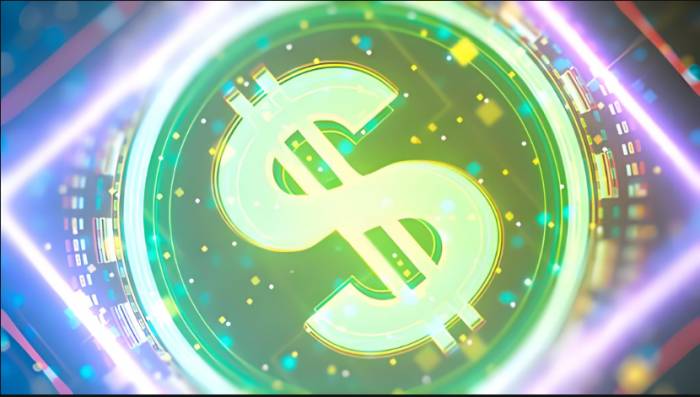Translation in English: The national team intervenes to support the market! A-sh
This morning, it was reported that the net selling by the transfer institutions was restricted again, but the A-share market still broke through the 3000-point mark after a midday rally. Initially, it was thought that after the "stock disaster" in January, the A-share market would bid farewell to the 3000-point level, but unexpectedly, it broke through the 3000-point mark again after only four months. Most amusingly, as soon as the midday session began, the national team started to prop up the market by purchasing the CSI 300 and SSE 50 ETFs, and they kept buying until the end of the session to staunchly defend the 3000-point level. However, it seems that the national team did not anticipate that today would be the stock index delivery day, with heavyweight stocks like Kweichow Moutai and China Yangtze Power being hit during the consolidated bidding, which ultimately broke the Shanghai Composite Index through the 3000-point mark. Now, despite using so much firepower, they failed to maintain "face," which is somewhat embarrassing.
We believe that the A-share market must hold the 3000-point level. The 3000-point mark is not just about face; it is also the last bastion for the bulls. The liquidity crisis in January was too costly, and the A-share market has already seen a change in leadership. If it were to happen again, where would the authority lie? Secondly, the stock market is related to confidence. Currently, the real estate market is in a dire state, and if the stock market were to enter a bear market again, the asset repair for residents would be far from sight, which is not conducive to economic recovery. Lastly, as the main channel for direct financing, against the backdrop of the current management's intention to promote technological innovation and develop new quality productive forces, the stock market must step up. The U.S. stock market is relying on the market's high expectations and valuations for the AI industry, represented by NVIDIA, to absorb funds from around the world to develop AI. In contrast, the sluggish performance of the A-share market does not play any positive role in technological innovation. In this way, the gap in high-tech will only widen, which is why the China Securities Regulatory Commission introduced the "Science and Technology Innovation Board Eight Articles"!
Many people are waiting to see the drama unfold with NVIDIA and the U.S. stock market, but even if the U.S. AI bubble bursts, the vast funds absorbed will eventually bear fruit. Just like the tech bubble in 2000, although it took the U.S. Nasdaq nearly ten years to crawl out of the bottom, it was also this bubble that created tech giants like Apple and Microsoft. The development of high-tech must have bubbles, and the A-share market doesn't even have bubbles, with various funds crowded in bonds waiting for death, and those waiting to watch the drama are short-sighted.
Looking at today's heavy news:
The number of initial jobless claims in the United States for the week ending June 15 was 238,000, slightly higher than the market expectation of 235,000; the total number of new housing starts in the United States in May was 1.277 million, significantly lower than the expected 1.37 million, hitting a three-year low; the Philadelphia Fed Manufacturing Index for June was 1.3, significantly lower than the market expectation of 5. On the one hand, the number of jobless claims is in line with expectations, and on the other hand, the British pound and Japanese yen are weakening, while the U.S. dollar index is strengthening. In addition, due to the failure of Norinchukin Bank, the fifth-largest bank in Japan, which plans to sell 460 billion U.S. and European bonds, the yield on U.S. ten-year bonds has risen.
Friday is the "triple witching day" for the U.S. stock market, and the volatility of the U.S. stock market increased last night. In addition, NVIDIA CEO Jen-Hsun Huang applied to sell 120,000 shares of NVIDIA, valued at $16.3 million. Last night, NVIDIA's stock price fell from a nearly 4% increase to a final drop of over 3%, with a market value lower than Microsoft's at the close, and the U.S. semiconductor sector also experienced a rise and fall.
After the midday session opened today, several CSI 300 and SSE 50 ETFs suddenly saw a significant increase in trading volume. Friends who have experienced the sharp drop in January should know that this is the national team's way of supporting the market by buying ETFs. Today, the trading volume of Huatai-PineBridge CSI 300 ETF exceeded 6.9 billion, setting a new high since March.
In addition, according to a report by Caixin, this morning, the Legislative Affairs Commission of the Standing Committee of the National People's Congress held a press conference. Spokesperson Huang Haihua introduced that the second draft of the bill is proposed to be reviewed at the tenth session of the 14th Standing Committee of the National People's Congress. To implement the spirit of the second plenary session of the 20th Central Committee of the Party and the central financial work会议精神, the main amendments to the second draft of the bill proposed for this session of the Standing Committee are as follows: First, improve the management system and clarify the responsibilities of the central financial work leadership institution. Second, improve the provisions of the draft on financial supervision and financial risk prevention and disposal. Third, coordinate with other financial laws.According to the Beijing Public Resources Trading Service Platform on the 21st, the Beijing High-Level Autonomous Driving Demonstration Zone 3.0 Expansion Project - Tongzhou (Survey) has been approved for construction by the Beijing Municipal Development and Reform Commission. The tenderer is Beijing Digital Infrastructure Investment Development Co., Ltd., with an investment of 2,432.15 million yuan, and the project funding ratio is 70% government investment and 30% self-raised by state-owned enterprises. The project has met the tendering conditions and is now open for public bidding.
Additionally, at the 11th International Intelligent Connected Vehicle Technology Annual Conference, Gong Weijie, Deputy Secretary-General of the China Society of Automotive Engineers and Secretary-General of the China Intelligent Connected Industry Innovation Alliance, stated: "After the joint pilot notice was issued by five ministries and commissions this year, a large number of cities have participated in the application by April 30. All reviews have been completed to date, and we are awaiting the final list of pilot cities to be announced by the five ministries and commissions."
Boosted by the related positive news, the vehicle-road-cloud concept sector saw a significant increase, with shares of Hualan Group, Rishang Group, and Suoxing Shares among others hitting the daily limit up.
Northbound capital has net sold for nine consecutive trading days, exceeding 38 billion yuan. Foreign capital has been the main force behind the recent selling, which is somewhat related to the continuous depreciation of the Chinese yuan.
Lastly, a brief look at the market shows that as of the close, the Shanghai Composite Index fell by 0.24%, losing the 3,000-point mark, and the ChiNext Index fell by 0.39%. The Hang Seng Index in Hong Kong fell by 1.56%, and the Hang Seng Tech Index fell by 1.68%. The turnover in the two markets significantly shrank, with less than 620 billion yuan, setting a new low for the year, and the stocks were split between gains and losses.






























Comments